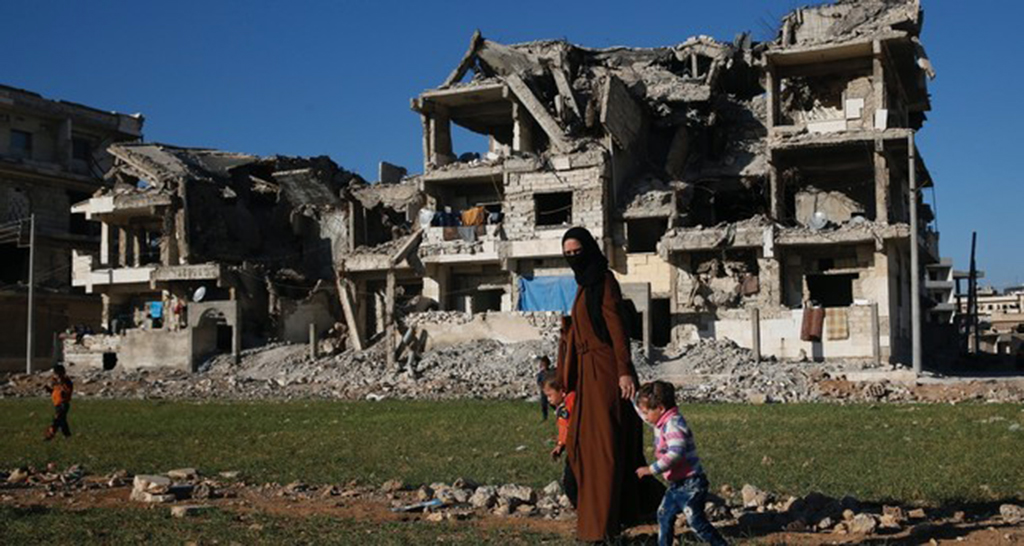They hoped to ride the wave of the counter-Daesh campaign and Washington's seemingly endless deliveries of weapons and ammunition. At some point, the group almost joined the Geneva process with Russian and American support – only to be stopped by Turkey's firm opposition. Having launched the Astana process with Russia and Iran, the Turks kicked off the process to eradicate the PKK/YPG fighters in northern Syria by carrying out a military operation against the terrorists in Afrin. Turkey has repeatedly asked the U.S. to stop working with the PKK's Syrian affiliate. Although Ankara's relations with Washington were severely strained over the past two years, Turkey's patience and determination paid off. With the U.S. out of the way, Ankara will finish the job and drive out the YPG militants from northern Syria.
The YPG efforts to pull out of the Manbij pocket and urge the Assad regime to seize that territory is ultimately an own goal. Fully aware that it stands no chance against a NATO army, the group is desperate to find a sponsor. As the U.S. parts ways with its proxy, which served its purpose in the fight against Daesh, there is no reason to believe that any other party will stand behind those second-hand fighters. To be clear, the YPG has nothing on the Assad regime: Damascus will neither grant autonomy to the group nor allow a group of armed militants to call the shots within its borders. Nor can the regime actually shelter YPG militants from Turkey's imminent military operation. Therefore, the PKK offshoot has no choice but to hand over Manbij and other occupied territories to the Assad regime – to the extent that the Turks will allow it. If the YPG militants threaten Turkey from regime-controlled areas, the Turks will retaliate with new counterterrorism operations.
The YPG militants can either enlist in Bashar Assad's army or serve the regime as mercenaries. Another option available to them is to reunite with the PKK terrorists in northern Iraq. Either way, their dreams of autonomy and recognition are dead in the water. Going forward, the group cannot become part of the political transition process either. There will be no discussion between Turkey and Russia or Turkey and the U.S. about the YPG and its demand for legal status. At best, those countries will talk about different ways to get rid of YPG militants and reiterate that Syria will grant its Kurdish citizens their rights within the framework of a unitary state. The group's eradication will make it easier to create a new Syria as well.
One more thing: Turkey will maintain a large military footprint in Syria unless the moderate opposition have a safe haven there and will be present if the YPG threat lingers on.
[Daily Sabah, 31 December 2018]







